Despite moving from Mexico to Austin, Texas when he was only six years old, Andrew Hojel maintained a close relationship with his family and connection to Mexico. But it wasn’t until college when his frequent visits back to Mexico coupled with his fluency in Spanish gave him the opportunity to help farmers and people in need throughout Mexico.
Andrew’s involvement in The Farmlink Project was initiated by his college roommate at Stanford. James Kanoff, one of the founders and early visionaries of The Farmlink Project, and Andrew were college roommates last year before COVID-19 struck and sent students home. Soon after, James brought his idea about how to help solve the issues of food waste and food insecurity to Andrew who decided to join the team and utilize his computer science skills to help internal development at The Farmlink Project.
James and Andrew frequently talked about their dreams and aspirations for the future of The Farmlink Project. The roommate pair had a vision of one day having international Farmlink team members hopping on Zoom calls and each person’s background would be the flag of their country. “James was always talking about how awesome it would be to go global and really try to extend our impact around the world,” remarked Andrew. Around September after the internal Farmlink team had a few months of successfully finding and moving surplus food within the United States, Andrew began working to make this global Farmlink dream a reality by looking into moving food in Mexico.
Andrew was able to utilize his personal connections in Mexico to find farmers, food banks, and organizations to launch The Farmlink Project’s first international initiative. “It started with Mexico because it would have a huge positive impact on communities in need and really help sustain farmers’ livelihoods. Even more so than in the US, extra income for farmers is incredibly significant in Mexico,” explained Andrew. The logistics of moving food in Mexico brought a different set of challenges than The Farmlink Project has faced in the American food supply chain, but Andrew was able to get in touch with an organization called Grupo Paisano, whose mission is to give microloans to farmers to help grow and sustain their farming operations. Grupo Paisano provided vital support to our Mexico operations, giving the Farmlink Mexico team access to their trucking and freight resources as Farmlink’s US transportation partners are focused domestically. Andrew described Farmlink Mexico’s supportive and mutually beneficial relationship with Grupo Paisano: “We really help each other. We buy surplus food from their farmers, so they were super incentivized to work with us and help us source and move food.” Working with Grupo Paisano has been a tremendous help in the success and sustainability of the Farmlink Mexico team.
Andrew continues to be a part of the Mexico team, translating and communicating with people in Mexico, coordinating with Grupo Paisano, and building upon his and James’ dream of growing The Farmlink Project globally. In addition to Farmlink Mexico, Andrew spends his time working on the Accelerator Product team, working to build technological solutions for scaling The Farmlink Project as we develop into an increasingly more sustainable operation. Andrew is excited about the future of The Farmlink Project as he works on two teams that seek to expand on the mission of finding surplus food and helping both farmers and communities in need.
< Back
Despite moving from Mexico to Austin, Texas when he was only six years old, Andrew Hojel maintained a close relationship with his family and connection to Mexico. But it wasn’t until college when his frequent visits back to Mexico coupled with his fluency in Spanish gave him the opportunity to help farmers and people in need throughout Mexico.
Andrew’s involvement in The Farmlink Project was initiated by his college roommate at Stanford. James Kanoff, one of the founders and early visionaries of The Farmlink Project, and Andrew were college roommates last year before COVID-19 struck and sent students home. Soon after, James brought his idea about how to help solve the issues of food waste and food insecurity to Andrew who decided to join the team and utilize his computer science skills to help internal development at The Farmlink Project.
James and Andrew frequently talked about their dreams and aspirations for the future of The Farmlink Project. The roommate pair had a vision of one day having international Farmlink team members hopping on Zoom calls and each person’s background would be the flag of their country. “James was always talking about how awesome it would be to go global and really try to extend our impact around the world,” remarked Andrew. Around September after the internal Farmlink team had a few months of successfully finding and moving surplus food within the United States, Andrew began working to make this global Farmlink dream a reality by looking into moving food in Mexico.
Andrew was able to utilize his personal connections in Mexico to find farmers, food banks, and organizations to launch The Farmlink Project’s first international initiative. “It started with Mexico because it would have a huge positive impact on communities in need and really help sustain farmers’ livelihoods. Even more so than in the US, extra income for farmers is incredibly significant in Mexico,” explained Andrew. The logistics of moving food in Mexico brought a different set of challenges than The Farmlink Project has faced in the American food supply chain, but Andrew was able to get in touch with an organization called Grupo Paisano, whose mission is to give microloans to farmers to help grow and sustain their farming operations. Grupo Paisano provided vital support to our Mexico operations, giving the Farmlink Mexico team access to their trucking and freight resources as Farmlink’s US transportation partners are focused domestically. Andrew described Farmlink Mexico’s supportive and mutually beneficial relationship with Grupo Paisano: “We really help each other. We buy surplus food from their farmers, so they were super incentivized to work with us and help us source and move food.” Working with Grupo Paisano has been a tremendous help in the success and sustainability of the Farmlink Mexico team.
Andrew continues to be a part of the Mexico team, translating and communicating with people in Mexico, coordinating with Grupo Paisano, and building upon his and James’ dream of growing The Farmlink Project globally. In addition to Farmlink Mexico, Andrew spends his time working on the Accelerator Product team, working to build technological solutions for scaling The Farmlink Project as we develop into an increasingly more sustainable operation. Andrew is excited about the future of The Farmlink Project as he works on two teams that seek to expand on the mission of finding surplus food and helping both farmers and communities in need.
Andrew Hojel
Accelerator Product Team
Despite moving from Mexico to Austin, Texas when he was only six years old, Andrew Hojel maintained a close relationship with his family and connection to Mexico. But it wasn’t until college when his frequent visits back to Mexico coupled with his fluency in Spanish gave him the opportunity to help farmers and people in need throughout Mexico.
Andrew’s involvement in The Farmlink Project was initiated by his college roommate at Stanford. James Kanoff, one of the founders and early visionaries of The Farmlink Project, and Andrew were college roommates last year before COVID-19 struck and sent students home. Soon after, James brought his idea about how to help solve the issues of food waste and food insecurity to Andrew who decided to join the team and utilize his computer science skills to help internal development at The Farmlink Project.
James and Andrew frequently talked about their dreams and aspirations for the future of The Farmlink Project. The roommate pair had a vision of one day having international Farmlink team members hopping on Zoom calls and each person’s background would be the flag of their country. “James was always talking about how awesome it would be to go global and really try to extend our impact around the world,” remarked Andrew. Around September after the internal Farmlink team had a few months of successfully finding and moving surplus food within the United States, Andrew began working to make this global Farmlink dream a reality by looking into moving food in Mexico.
Andrew was able to utilize his personal connections in Mexico to find farmers, food banks, and organizations to launch The Farmlink Project’s first international initiative. “It started with Mexico because it would have a huge positive impact on communities in need and really help sustain farmers’ livelihoods. Even more so than in the US, extra income for farmers is incredibly significant in Mexico,” explained Andrew. The logistics of moving food in Mexico brought a different set of challenges than The Farmlink Project has faced in the American food supply chain, but Andrew was able to get in touch with an organization called Grupo Paisano, whose mission is to give microloans to farmers to help grow and sustain their farming operations. Grupo Paisano provided vital support to our Mexico operations, giving the Farmlink Mexico team access to their trucking and freight resources as Farmlink’s US transportation partners are focused domestically. Andrew described Farmlink Mexico’s supportive and mutually beneficial relationship with Grupo Paisano: “We really help each other. We buy surplus food from their farmers, so they were super incentivized to work with us and help us source and move food.” Working with Grupo Paisano has been a tremendous help in the success and sustainability of the Farmlink Mexico team.
Andrew continues to be a part of the Mexico team, translating and communicating with people in Mexico, coordinating with Grupo Paisano, and building upon his and James’ dream of growing The Farmlink Project globally. In addition to Farmlink Mexico, Andrew spends his time working on the Accelerator Product team, working to build technological solutions for scaling The Farmlink Project as we develop into an increasingly more sustainable operation. Andrew is excited about the future of The Farmlink Project as he works on two teams that seek to expand on the mission of finding surplus food and helping both farmers and communities in need.
.png)

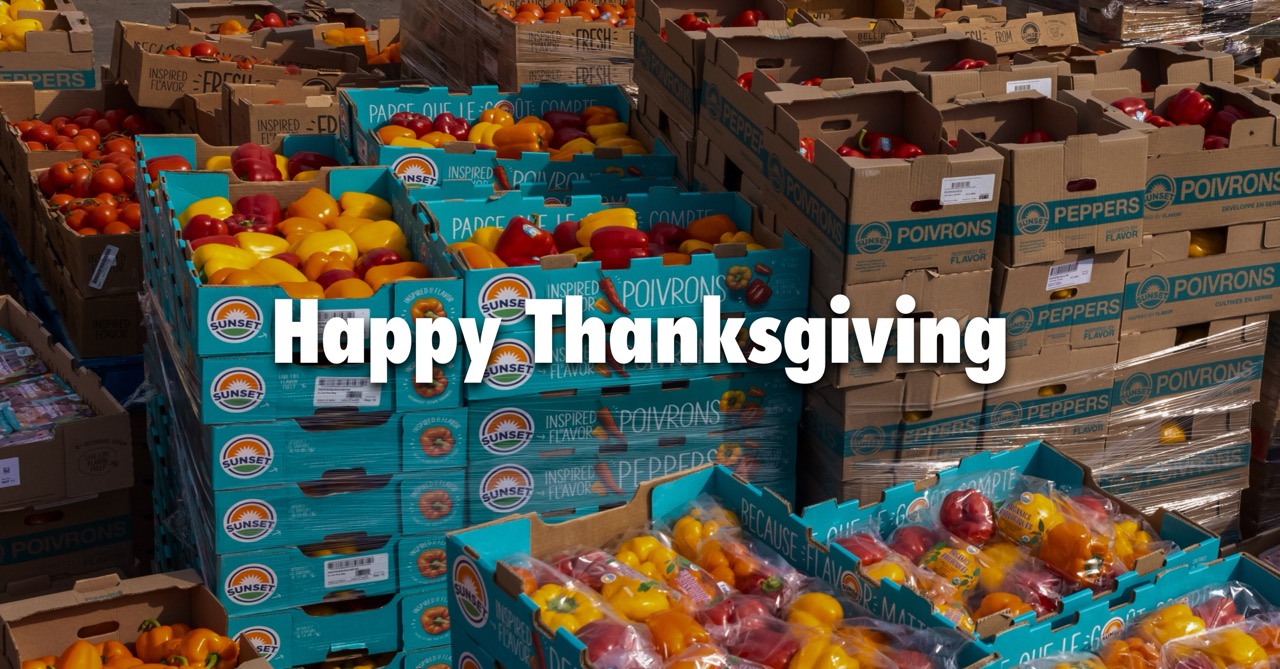
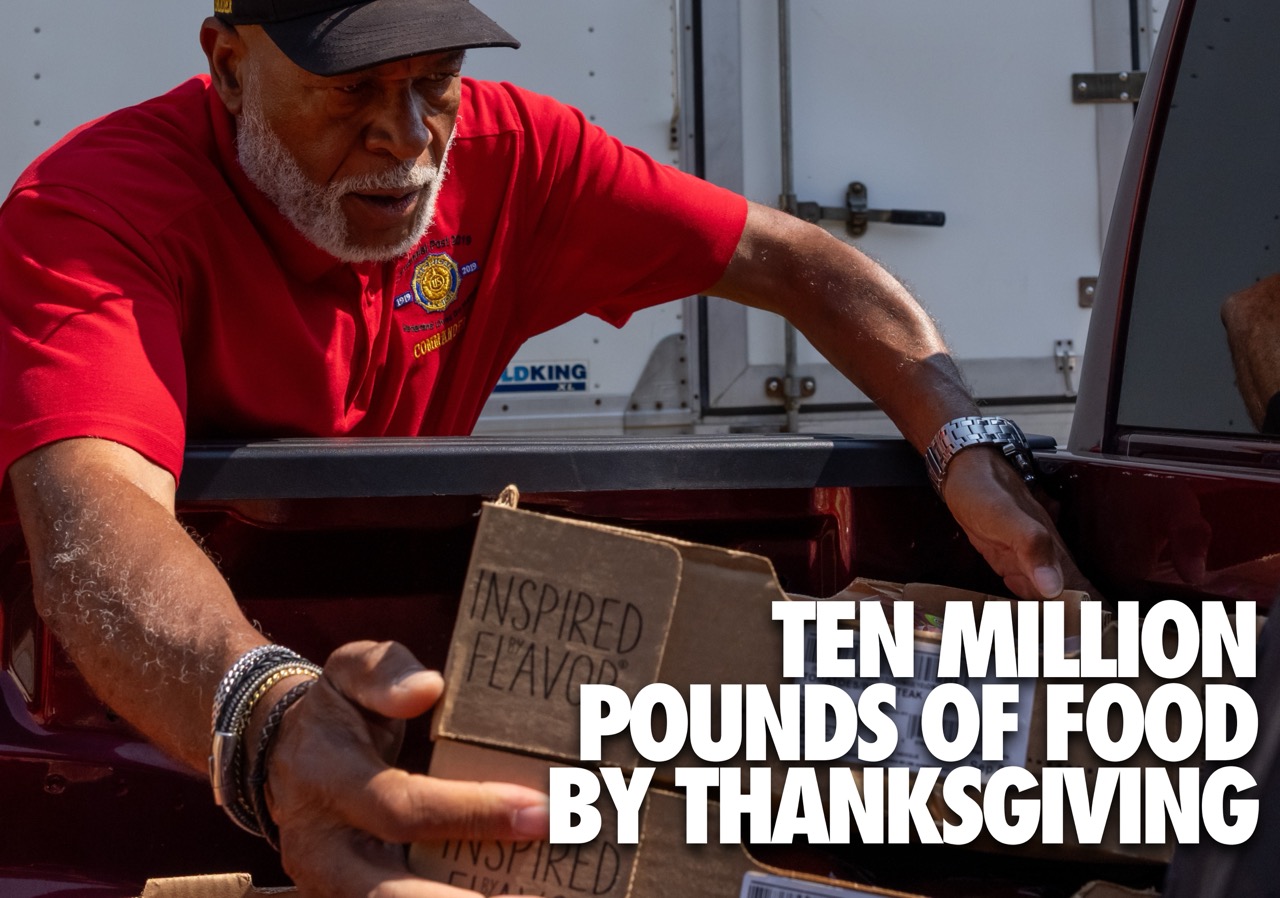
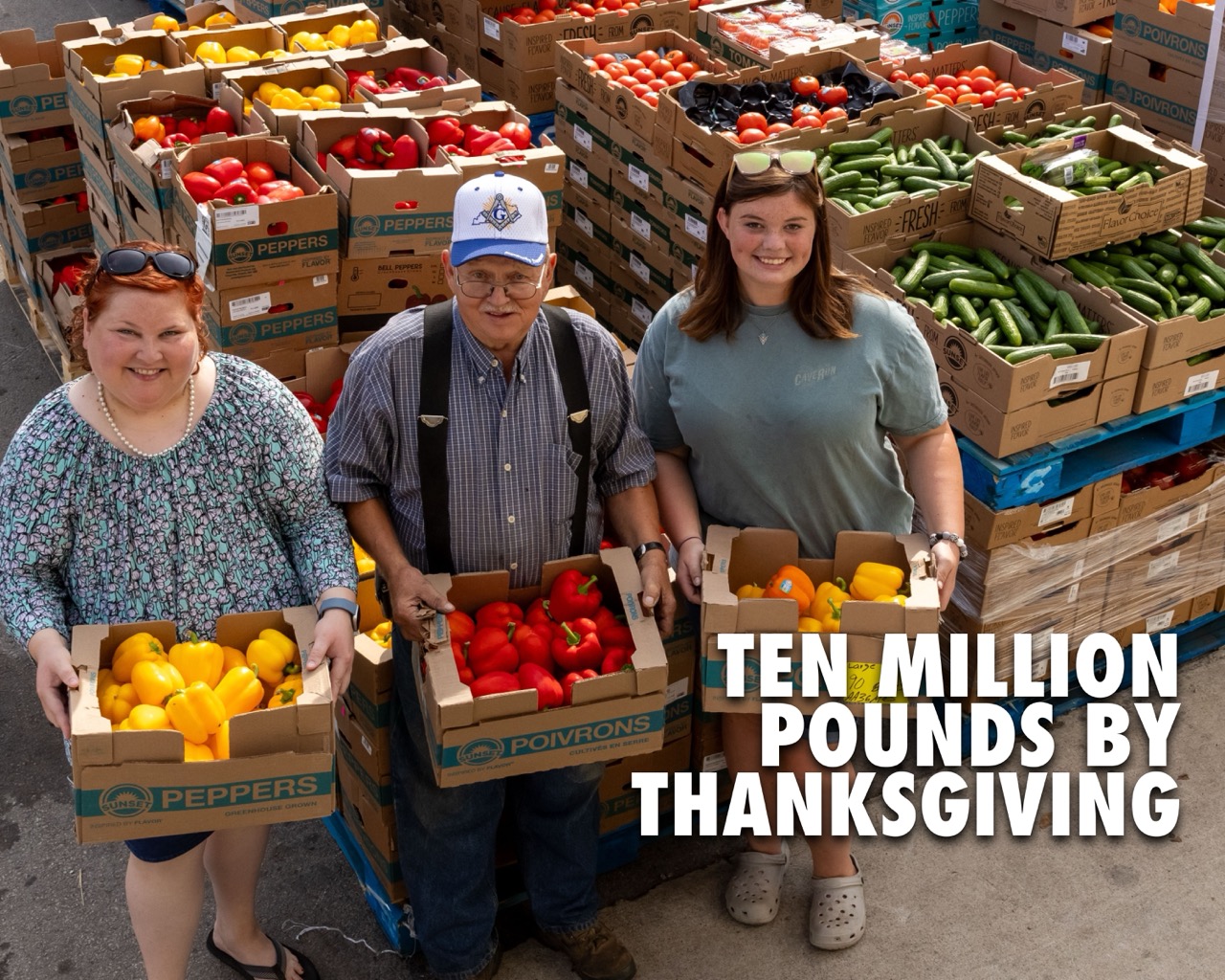
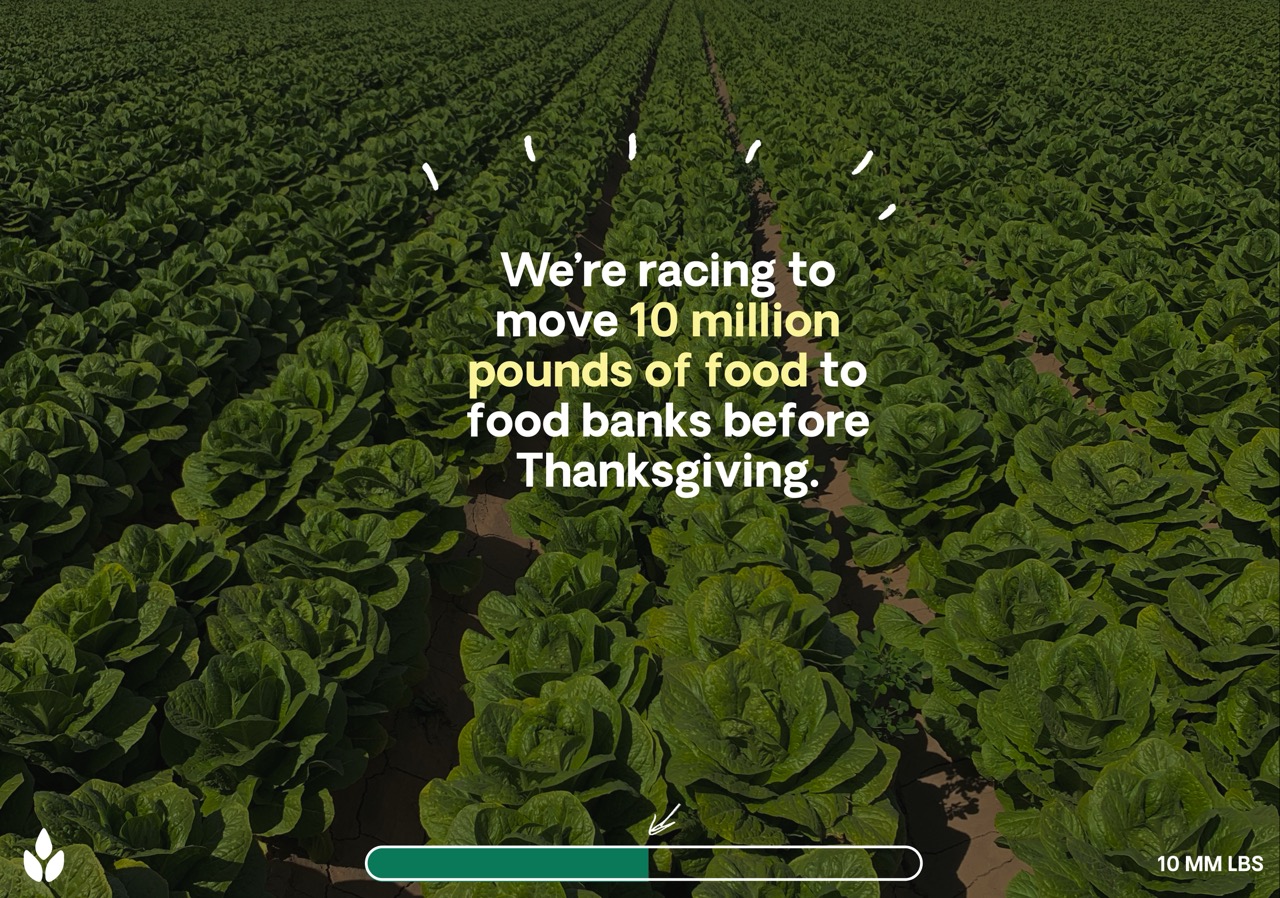
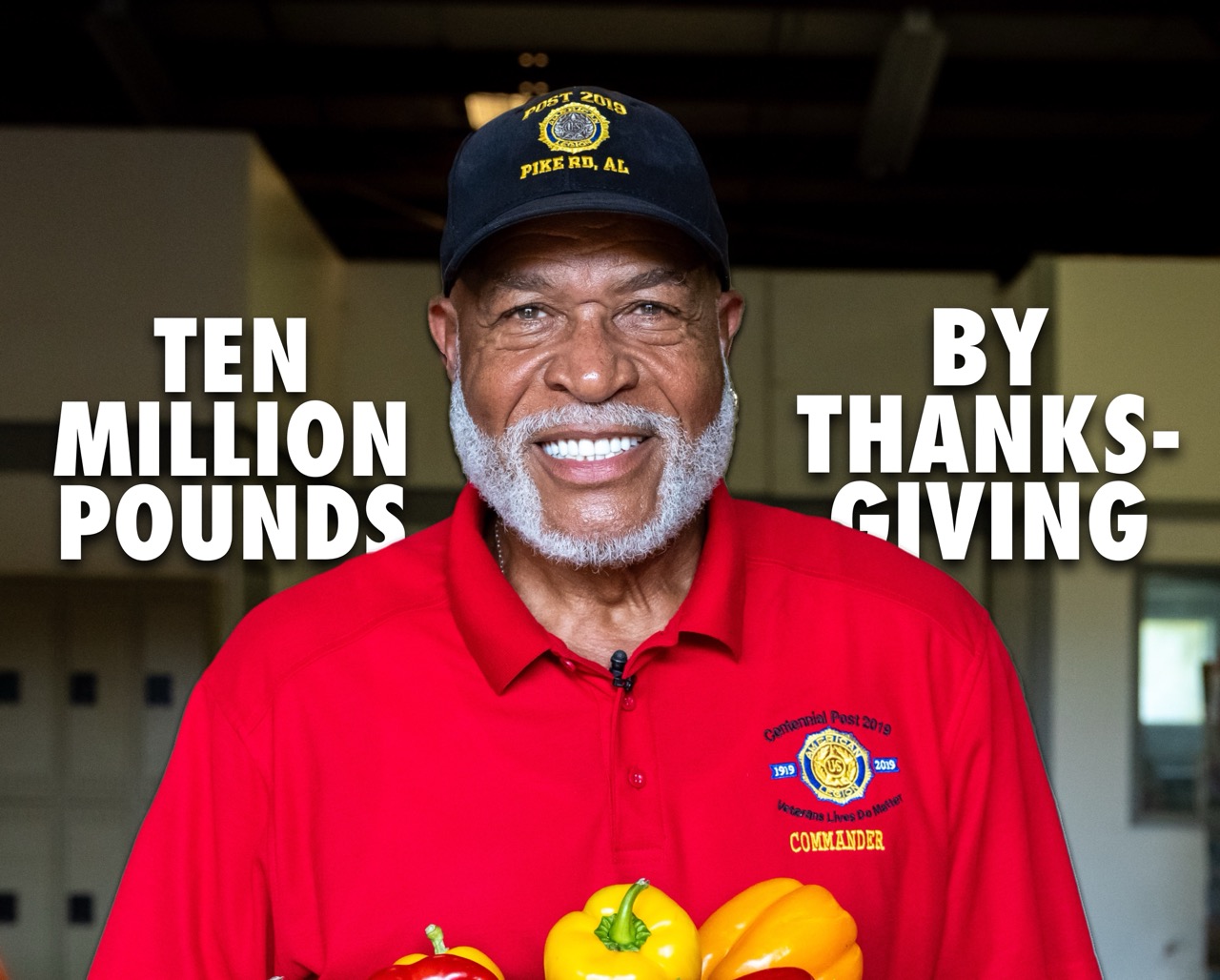
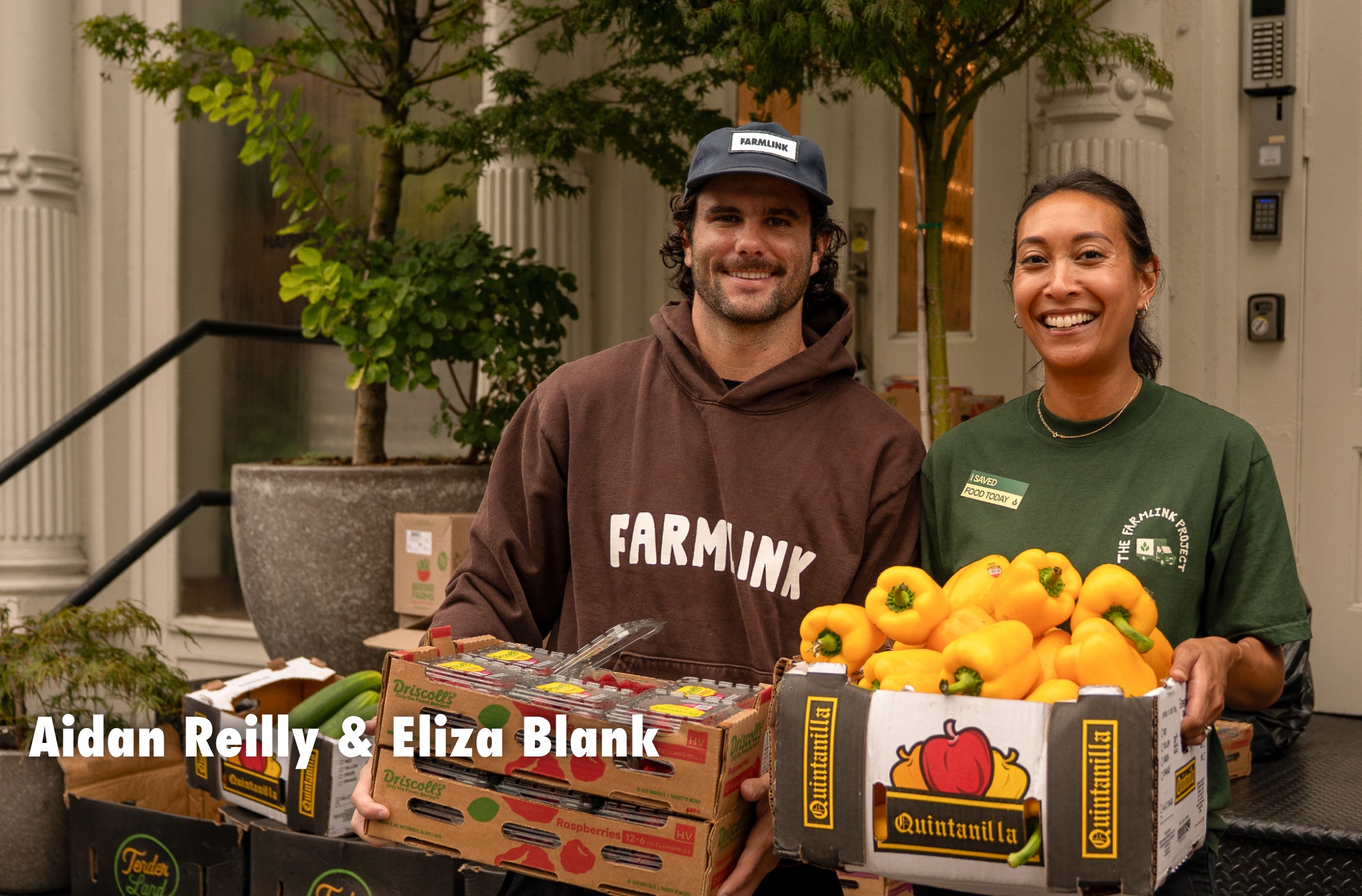
.svg)
.svg)
.svg)